In this article I'm going to talk about what inflammation is and how important it is to address inflammation and foods that you need to keep a check on; to stay healthy.
What is inflammation?

Basically inflammation is a protective response by the body to something harmful.
So for example if you cut yourself or get a burn; your body will produce an inflammatory response to this harmful action.
Inflammatory responses are not only limited to physical harm, other inflammatory response triggers include toxins, bacteria, viruses, allergies, stress and even some foods such as fried foods, foods with high amounts of added sugar and refined carbohydrate foods just to name a few.
So let's look at one way the body provides an inflammatory response.
Let's say you get a splinter in your arm the nearby white blood cells start to take action by releasing chemical called histamine which tells nearby capillaries to open up. As this happens blood plasma enters the tissue area slowing down any foreign invaders that may have added with the Splinter.
This also causes some swelling other white blood cells in the area of release chemicals called cytokines which signal more white blood cells to the area with the capillaries being open the arriving white blood cells can enter the tissue and help fight any foreign invaders.
Inflammatory response is the destruction of any foreign invaders and any damaged tissue. So is inflammation good? it's the body protecting itself.
Well yes acute inflammation can be good but there is a bad type of inflammation popularly known as chronic inflammation. This can develop several ways with the most common being in the form of an autoimmune disorder this occurs when the immune system goes into action to fight off a foreign substance but there is no foreign substance that results in damage to not infected tissues and as this happens over time it takes its fall in the tissue being attacked.
So that’s the basics inflammation.
The gut is the weakest point in which the body contacts the outside of the world it is the most transited border. Everything that we eat and drink, all the chemicals we add and organisms that come with food are all transiting in the most in the busiest border of the body.
Now since this is the busiest border where foreigners and foreign stuff can enter the body this is where the body deploys around 80% of our immune system around your intestines.
So when the gut damaged and what I mean by that is when the good bacteria die and bad bacteria and other organisms start growing and the wall of the intestine starts breaking creating a condition called Leaky gut.
The immune system on the other side now starts responding adapting and trying to survive and the nervous system get’s really busy trying to coordinate all this.
So because of the damage, many systems end up getting involved that.
The underlying reason for all this is our modern lifestyle, we end up damaging the gut, we are exposed to so many toxins that kill the good bacteria and promote the growth of the bad bacteria and other organisms that damage the intestinal wall that irritate the immune system.
Modern life is not Gut friendly and we are all walking around with some degree of Gut damage this is why we need to address this issue.
So what can be done to reduce inflammation?
There are various anti-inflammation protocols floating around in the web, I’ll write an article stating the exact protocol that I use looking at the response to this article.
So we will just stick to the various foods to avoid that is causing inflammation in your system for the time being .
So let’s get started!!!!!!
Sugar from processed foods:

Sugar from processed foods, candies, high fructose corn syrup, from soda sports drinks and energy drinks create inflammatory chemicals in the body such as cytokines and advanced glycation.
Hydrogenated Oils:
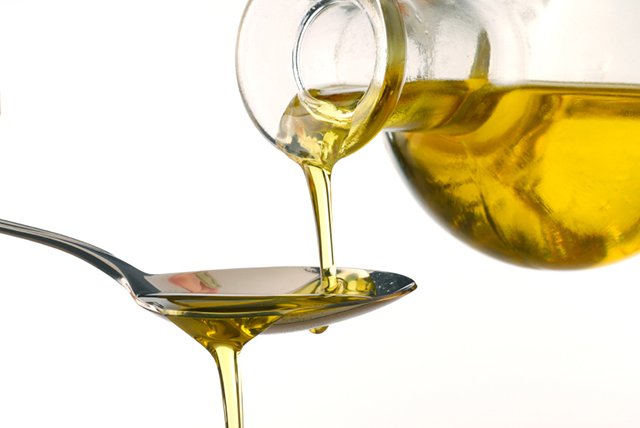
Fully hydrogenated oils found in snack foods, chips, margarine, peanut butters are altered fats they have more omega-6 to them which creates an imbalance between omega-3 fatty acids and omega-6 fatty acids and that leads to inflammation.
Trans fats:
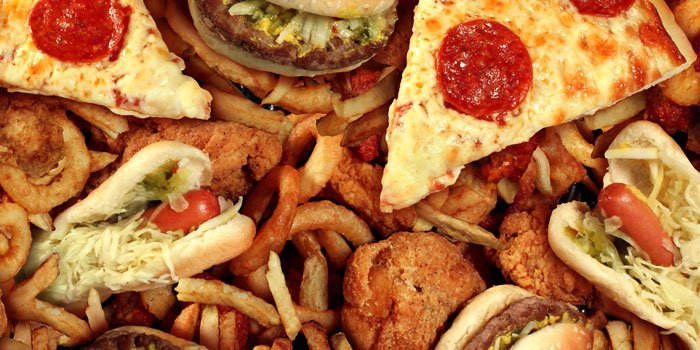
Trans fats or partially hydrogenated oils are found in fast foods cookies cakes and crackers and other packaged snack foods and they'll create an inflammatory State as well.
Milk:
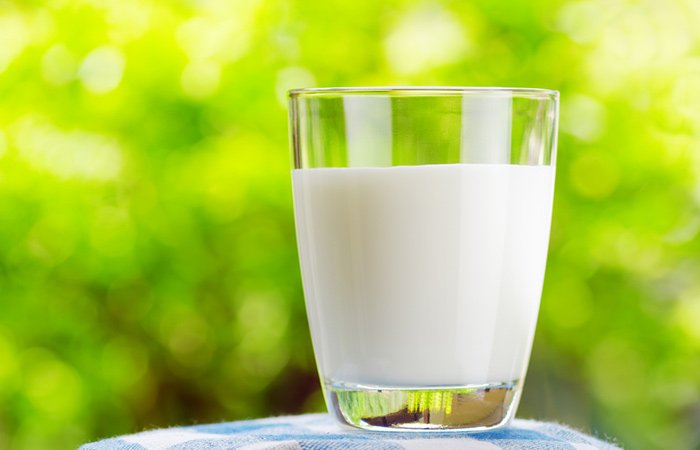
Milk 30 to 50 million Americans are estimated to have trouble digesting milk sugar which is lactose or lactose intolerance but milk proteins may also be a problem for some people which can make Dairy Foods double whammy for inflammation.
Fried Foods:

Fried foods also create that imbalance between omega-3 fatty acid and omega-6 fatty acid because many foods are fried in these altered oils that we talked about earlier.
Saturated fats:
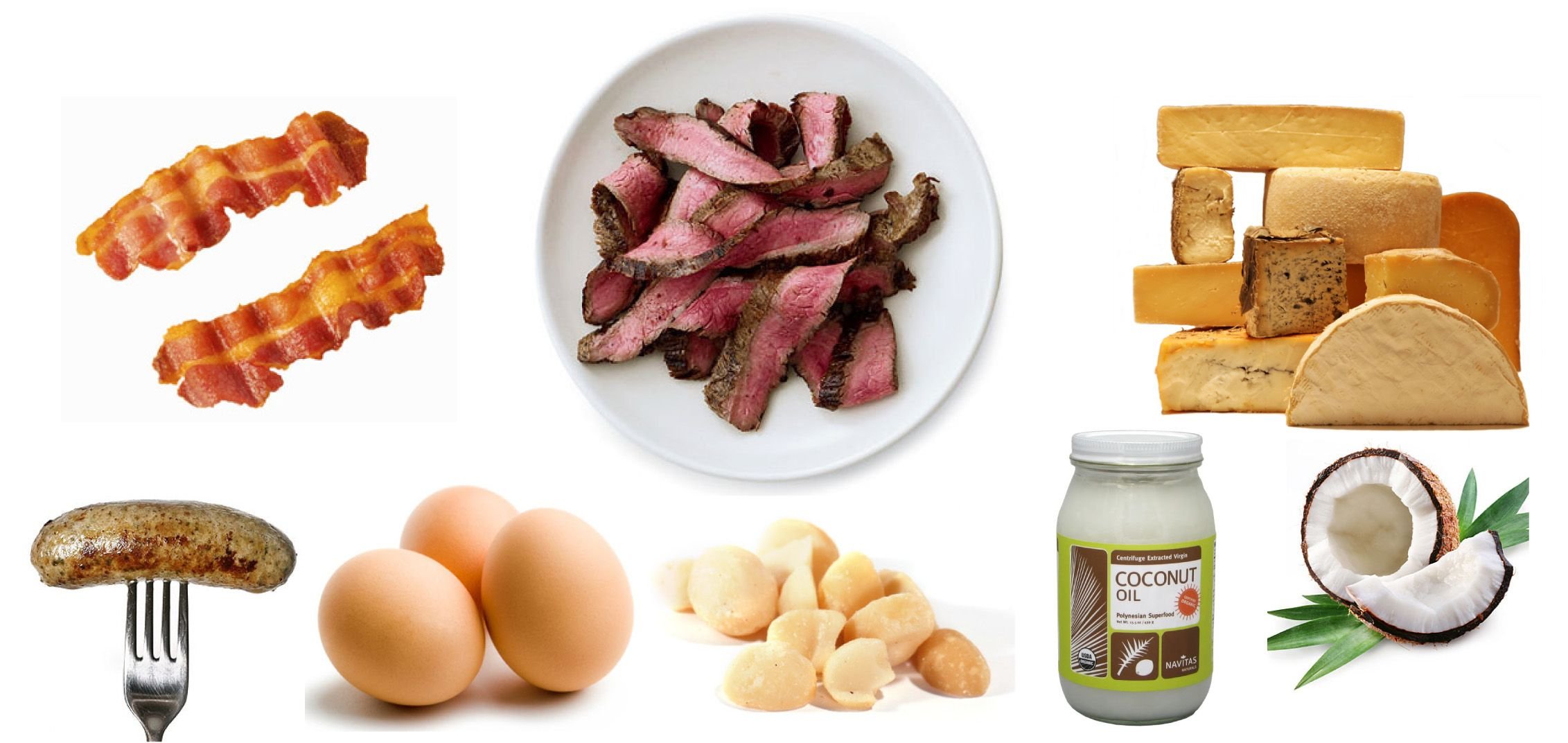
Saturated fats when we take in too many it can create pro-inflammatory compounds in the body they also lead to obesity and enlarged fat cells can actually feed the chronic inflammatory responses in the body.
Grain Fed Meats:
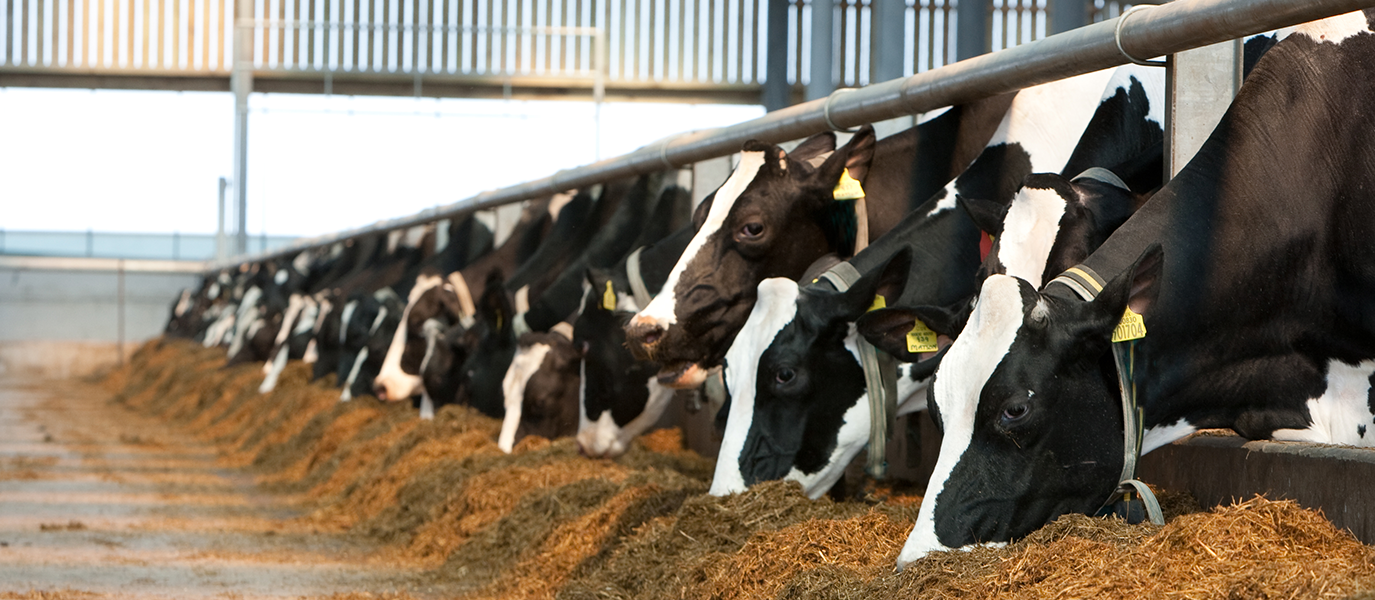
Grain fed meats, grains fed to animals are high in the omega 6's which throws off that imbalance as well; you're better option is to go with grass-fed or organic meats.
Processed Meats:
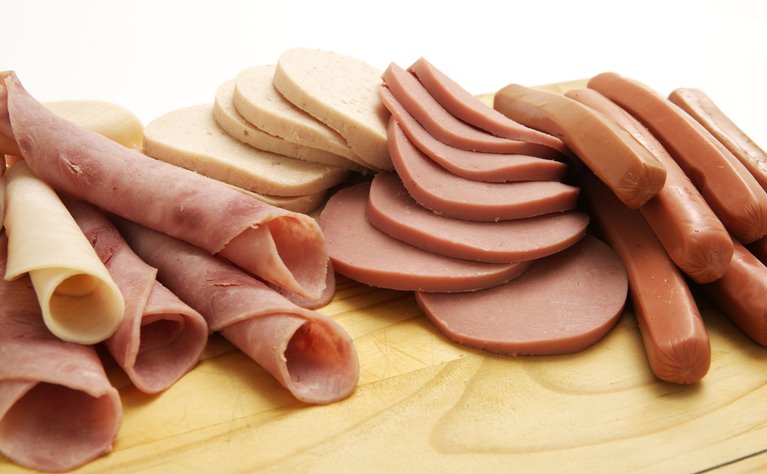
Processed meats are high in those advanced glycation end-products also these meats are cooked at very high temperatures which creates inflammatory chemicals.
Alcohol:

Alcohol in lower amounts 1 to 7 drinks a week can actually lower inflammatory markers however more than 7 drinks a week has been shown to create inflammation in the body.
Refined Carbohydrates:
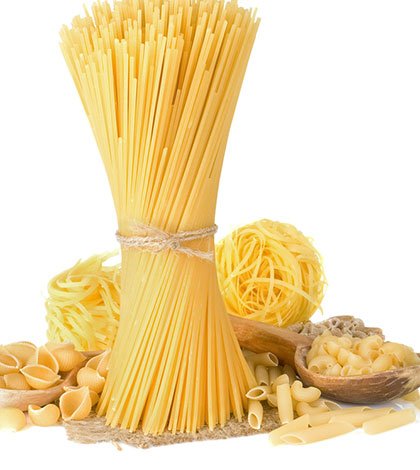
Refined carbohydrates spike the blood sugar and there is a relationship between high blood sugar and an inflammatory state in the body.
Gluten:
Gluten is a type of protein found in wheat, barley we'll see it in breads, baked goods, soups, pastas cereal, sauces and salad dressings many people have trouble processing this protein and the body attacks the protein then as a foreign invader which creates inflammation.
Artificial Sweetners:
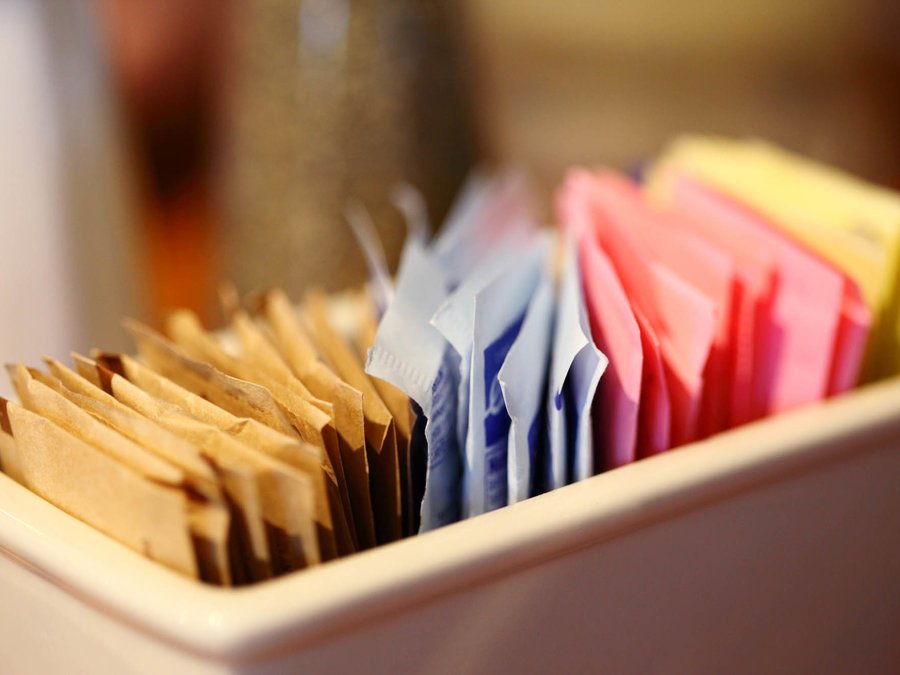
Artificial sweeteners they contain aspartame a lot of people are sensitive to aspartame this leads to joint pain headaches and skin rashes.
Monosodium glutamate:
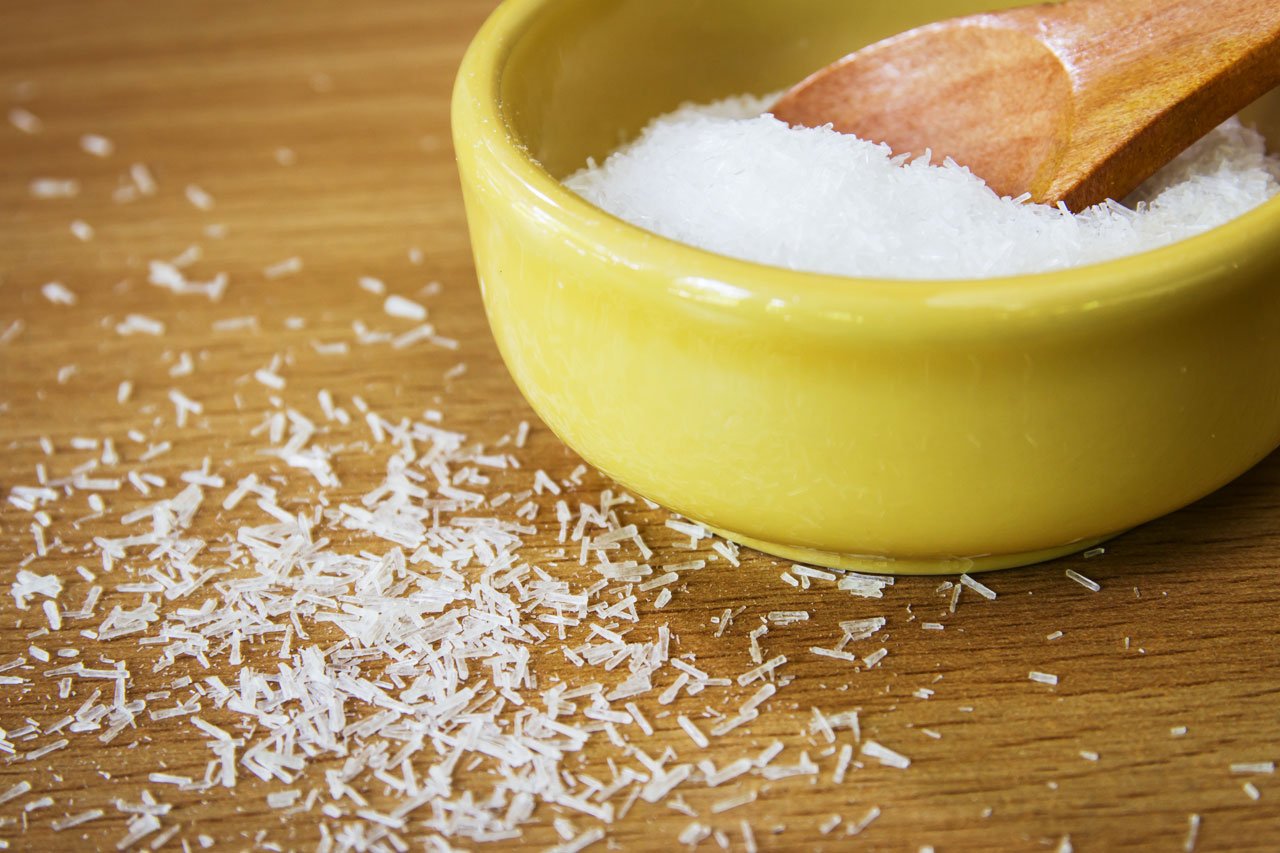
MSG is which are often used as a flavour enhancer in Chinese foods, promote liver inflammation. Preservatives artificial colors and artificial flavors are viewed as foreign invaders by the body not as food and this creates inflammation.
Ready to Eat Meals:
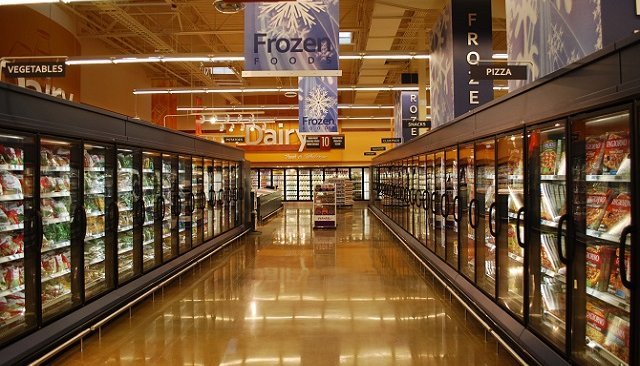
Ready-to-eat meals that we might find in the frozen foods Department or boxed or canned contain many of the inflammatory foods on this list including the harmful oils, preservatives, food colours and refined carbohydrates.
And last there are also personal food intolerances any type of food that is not tolerated well by your body can create inflammation common food and tolerances are eggs, corn, nuts, wheat, soy etc.
That’s it for this article I will talk to you in the next; make sure you comment what article you want to see especially in the world of ketosis, fasting and anything that we can capitalize on feeling our best and optimizing our brains our bodies.
Keep locked in on my blog and share this article and if you haven't already click on that follow button just so that you can make sure you never miss any of my articles. I'll see you soon. Cheers
